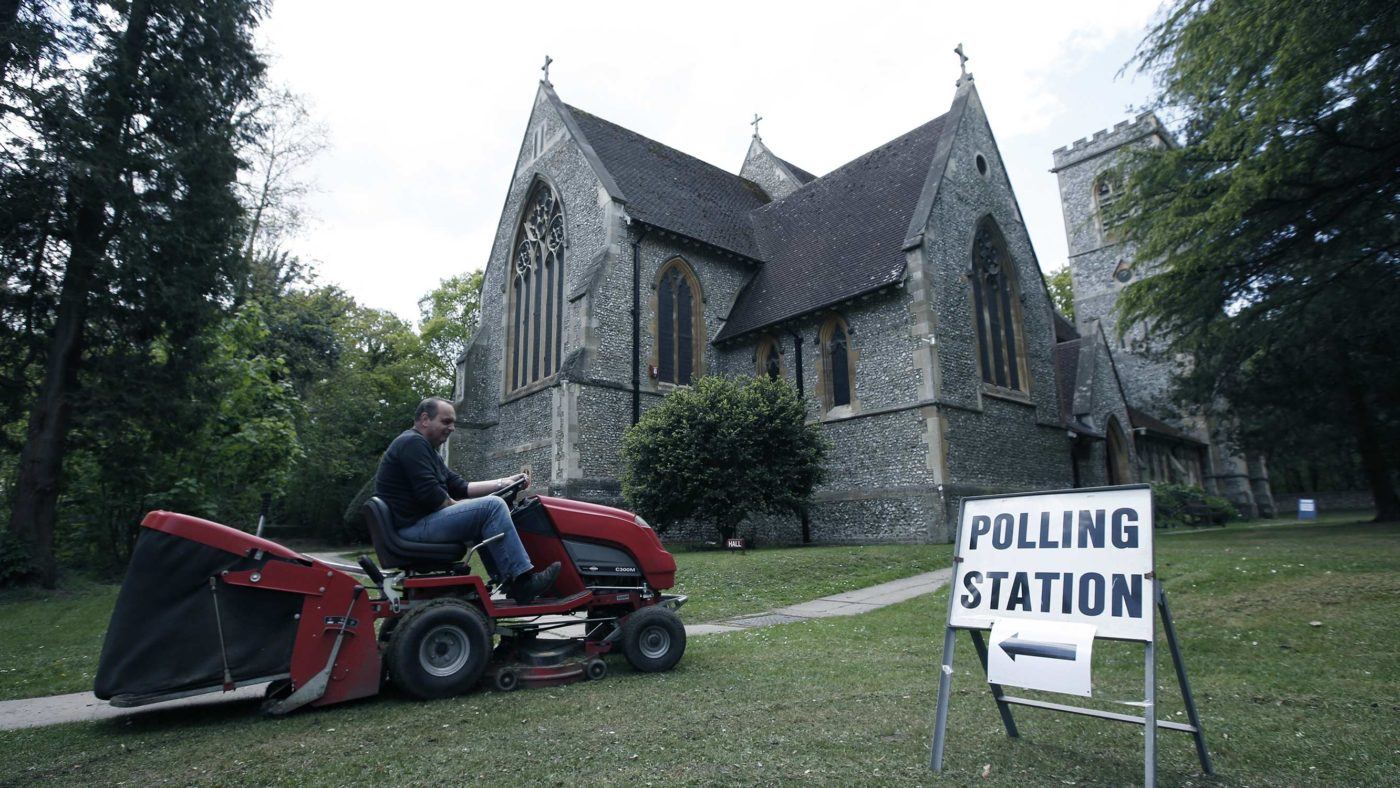It’s finally happened. Ever since the Localism Act was passed in 2011, any council wanting to increase council tax by two per cent or more has been required by law to hold a referendum. The Bedfordshire police and Crime Commissioner tried, and failed, to get a 15.8 per cent increase in 2015. But Surrey is set to become the first council to hold a referendum.
The council has put forward the much reported difficulties in social care as justification for a 15 per cent increase. Residents will have their say on the 4th of May.
Demand for social care is rising and that isn’t going into reverse any time soon. Councils cannot reasonably be expected to resolve the issues themselves and in the long run a policy response from central government will be required. But 15 per cent is a huge increase, far in excess of anything being proposed by any other local authority.
David Hodge, leader of Surrey County Council, says that he has no alternative. But there are two major problems with that argument.
The first is that the social care challenge is not unique to Surrey. Every top-tier local authority has to provide it, yet so far only Surrey is proposing tax hikes above the referendum-triggering threshold.
The second problem is their previous form.
It’s easy to forget how regular and big the tax hikes were pre-2010. Between 1996-97 and 2009-10, 90 per cent of local authorities increased council tax every single year. There were 4,471 individual Council Tax increases, only 149 cuts and the average band D bill rose by 71.8 per cent in real terms. Since then, there have been 227 cuts.
But Surrey hasn’t been responsible for any of them. It has increased council tax on more occasions, and by more than any other county council, since 1996-97. It is already charging 13.5 per cent more than it was in 2010-11, whereas nearby Essex is only charging four per cent more, and Hertfordshire only six per cent more.
How can the council be at “breaking point” when it has made “£450 million in savings” as Hodge claims? The simple answer is that it has not come close to finding savings on the scale of other comparable councils.
On “cultural and related services” for instance Surrey spent eight per cent less in 2015-16 than it did in 2010-11. But Essex spent 30 per cent less, Hertfordshire 25 per cent less and Buckinghamshire 22 per cent less. Spending on “central services” is up 26 per cent in Surrey but down 32 per cent in Hertfordshire and down 24 per cent in Oxfordshire. A similar pattern emerges in other areas.
Once education spending is stripped out (academies skew the numbers), Surrey is one of 15 county councils which actually spent more last year than it did in 2010-11 even after adjusting for inflation. Again, the opposite is true of Kent, Hertfordshire and Essex. Social care spending has risen fairly significantly in Surrey (only five county councils have increased spending by more) reflecting its demographics, but a third of the spending increases since 2010-11 are not related to social care.
For observers of local government the past few weeks have been frustrating as media outlets suggest that if things are so desperate in “Tory Surrey” they must be really bad elsewhere. After all they must be a paragon of efficiency and desperate to cut taxes at every opportunity. But there are bad Tory-run councils just as there are good Labour-run ones.
If he is to persuade residents to stump up an extra £190 a year, Mr Hodge will have to defend some pretty indefensible recent actions. Why for instance did the Tory council reject the recommendations of an independent panel to increase Mr Hodge’s allowance by 30 per cent in favour of a 60 per cent increase – a rejection which prompted the resignation of the panel? And why did Mr Hodge approve a £100,000 bonus for his £250,000 a year chief executive?
These may be relatively small amounts in the grand scheme of things but it says something about the attitude of the council’s leadership.
There are clearly problems in social care and if it were a Windsor and Maidenhead, a Hammersmith and Fulham or a Wandsworth council saying they needed to increase council tax by 15 per cent we’d know something was very seriously wrong.
Unfortunately, we can’t say the same about Surrey.


